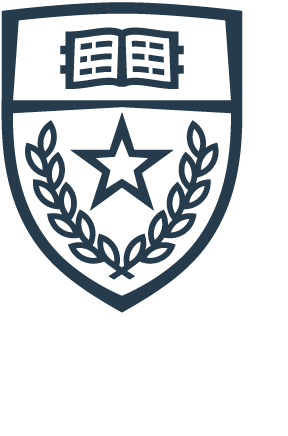Submitted by Chelsey Pena on
For new UT CS assistant professor Thomas Dillig computer science is more than just a person behind a screen writing code. Instead he thinks of it as an individual’s effort that can change a large part of science and how things are functioning for a lot of people.
From Munich, Germany, Thomas came to the United States to attend Stanford University for college. Initially he went into his undergraduate career not knowing that his path would lead him towards computer science.
“In the beginning I was interested in some sort of technology and business,” Thomas said. “Through this I became more drawn to the computer. I was very intrigued how stuff that could be done through computer science could really have an impact.”
After receiving his PhD in computer science at Stanford, he was a senior lecturer at University College London in the United Kingdom and an assistant professor at the College of William and Mary in Virginia.
At UT Thomas teaches undergrad programming language and auto verification of software to those in the graduate program. He says that he enjoys teaching both levels of students.
“UT CS is a great department and I really enjoy working here,” Thomas said. “Of what I teach one is more hands on while the other is lecturing, which is transmitting information while being a stand up comedian. I am very pleasantly surprised by how engaged the students are.”
Thomas’ research focuses on program verification and constraint solving. This includes automated ways to make programs more secure and run faster. Constraint Solving focuses on online constraint simplification and integer linear programming.
When Thomas isn’t teaching or working he enjoys traveling, scuba diving, hiking and being outdoors. In his free time he also finds himself working on different home improvement projects.
In the future Thomas hopes to continue his research and see the interest in computer science grow.
“A long term goal is to get us to the point where we can build software the way we can build a house, it’s reliable and we know how it’s going to work,” Thomas said. “It is equally important to get students to be excited and push the field even more. I think it’s about inspiring people to find their passion and finding something that is truly interesting.”







